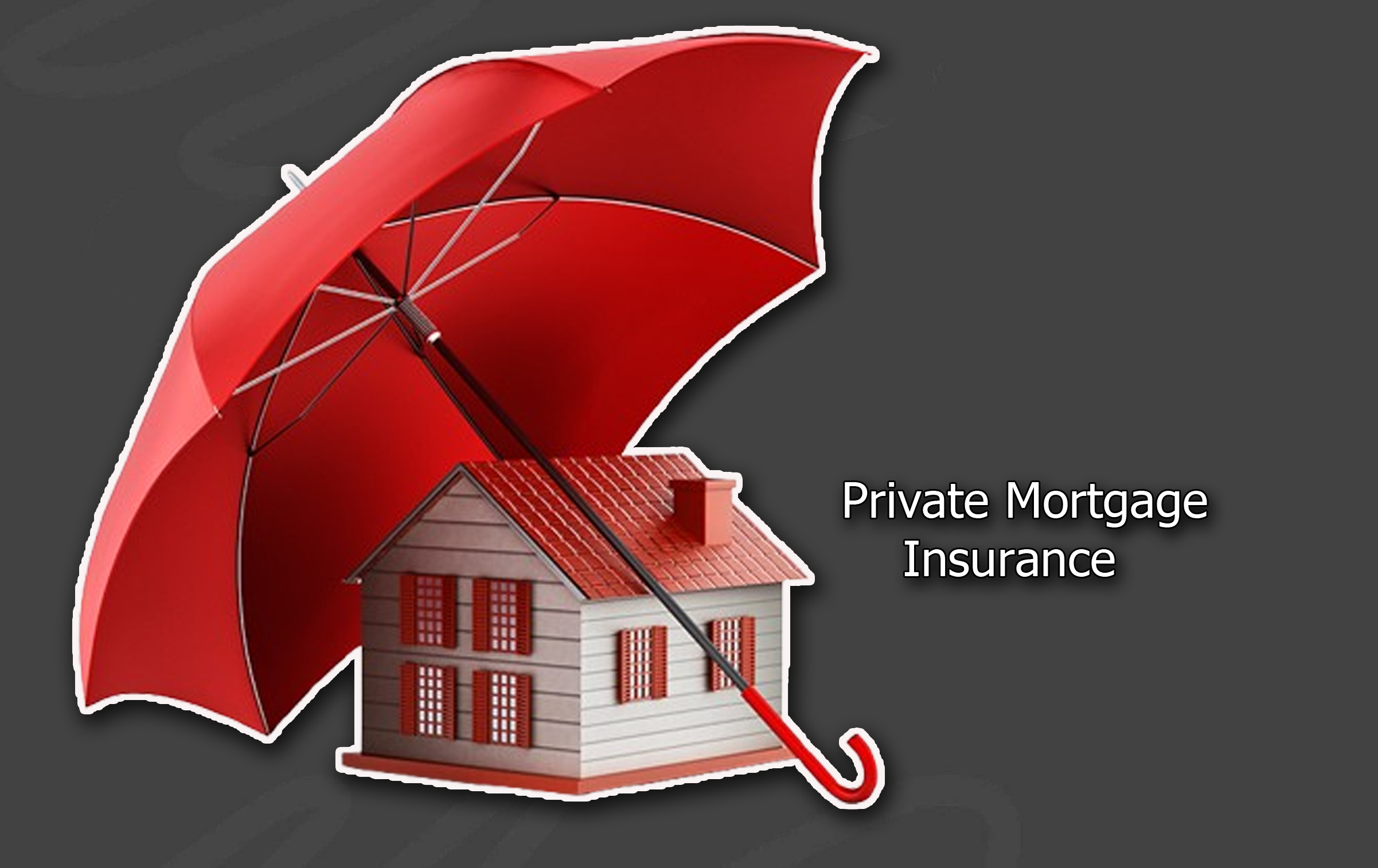
What is Private Mortgage Insurance? Private Mortgage Insurance is a form of insurance that is required by lenders when a borrower makes a down payment of less than 20% of a home’s purchase price.

What’s more, it protects the lender in case the borrower defaults on the loan. While this mortgage insurance benefits the lender, it is an additional cost that the borrower bears until certain conditions are met.
Why Is This Insurance Necessary?
In the world of finance, lenders face higher risks when borrowers contribute smaller down payments, as the loan-to-value ratio increases.
The Private mortgage serves as a safety net for lenders, and it ensures they recoup potential losses if the borrower defaults on the mortgage.
Additionally, PMI enables homeownership with less upfront capital, which makes buying a home more accessible for borrowers.
Key Benefits Of Private Mortgage Insurance
If you are dealing with an insurance model, here are some benefits you enjoy:
- PMI allows buyers to purchase homes with as little as 3%-5% down.
- The insurance enables diverse loan options tailored to borrowers’ financial situations.
- Without PMI, many buyers would need years to save a 20% down payment.
How Does Private Mortgage Insurance Work?
This insurance model is typically required for conventional loans with a down payment of less than 20%. Also, it is either added to the monthly mortgage payment, paid upfront, or happens both ways.
What’s more, the amount of PMI is influenced by factors such as the size of the down payment, credit score, and loan type.
Types of Private Mortgage Insurance
Here are the several types of private mortgage insurance that exist:
- Borrower-Paid PMI : This is the most common, included in monthly mortgage payments until the borrower reaches 20% equity.
- Split-Premium PMI: A combination of upfront and monthly payments, balancing initial and ongoing costs.
- Lender-Paid PMI : This model is built into the loan’s interest rate, which results in higher monthly payments but no separate PMI cost.
- Single-Premium PMI: For this model, it is paid upfront in a lump sum or financed into the loan. Moreover, it is ideal for those with extra cash at closing.
How Much Does PMI Cost?
PMI costs vary but typically range from 0.2% to 2% of the loan amount annually. For a $250,000 mortgage, this could mean $500 to $5,000 per year, or $41.67 to $416.67 monthly.
Factors Influencing PMI Costs
Here are the determining factors that influence the rates of private mortgage insurance:
- Credit Score: Having higher scores will lead to getting lower PMI rates.
- Loan Type and Term: Adjustable-rate mortgages (ARMs) and longer loan terms often incur higher PMI.
- Loan-to-Value (LTV) Ratio: Having a higher LTV ratio expediently increases the costs of PMI.
- Size of Mortgage Loan: The more money you borrow, the more you pay for PMI.
- Down payment amount: If you put down more money for the home, you get to pay fewer fees on PMI.
These are the influencing factors that determine the cost of Private Mortgage insurance you get.
How to Avoid or Remove PMI
In order to avoid PMI, here are certain factors or situations to be taken into play:
- 20% Down Payment: The most straightforward way to avoid PMI is to make a 20% down payment.
- Government Loans: FHA or VA loans may not require traditional PMI but may have other forms of mortgage insurance.
- Piggyback Loans: Taking a second loan to cover part of the down payment can bypass PMI requirements.
Removing PMI
The Private Mortgage Insurance doesn’t really last forever. Borrowers can eliminate it under specific conditions:
- Automatic Termination: PMI is automatically canceled when the loan reaches 78% of the original home value.
- Home Appraisal: A new appraisal showing increased home value can accelerate PMI removal.
- Request for Removal: Borrowers can request cancellation once equity reaches 20%, provided payments are up-to-date.
Pros and Cons of Private Mortgage Insurance
There are several pros and cons associated with Private Mortgage Insurance. And some of them include:
Pros
- This insurance enables home purchases with less upfront cash.
- It makes homeownership achievable sooner.
- It also provides flexibility in loan options.
Cons
- This insurance increases monthly housing costs.
- It does not benefit the borrower directly.
- Depending on the loan terms, the mortgage insurance may take years to cancel.
Other Alternative Mortgage Options
Getting a conventional loan with private mortgage insurance isn’t necessarily the only option available, especially when you have little cash for a down payment. Here are other alternative routes that you can try out:
USDA Loans
These are loans backed up by the U.S Department of Agriculture. They don’t require any down payment and are more suited for moderate income home buyers.
VA Loans
These are guaranteed by the Department of Veterans Affairs and they don’t require a down payment. However, these loans are for veteran family military members who are active duty.
FHA Loans
These loans require as little as 3.5% down payment and is best suited for borrowers who have lower credit scores.
Frequently Asked Questions
Who Requires PMI?
PMI is required by lenders for conventional loans with down payments under 20%. It is not applicable to government-backed loans like FHA or VA loans.
How Long Do I Have to Pay PMI?
PMI payments continue until you reach 20%-22% equity in your home, and it depends on your lender’s policies.
Can PMI Be Deducted from Taxes?
In some cases, yes it can. PMI premiums are tax-deductible and subject to income limits and tax laws. Nevertheless, you can consult a tax professional for guidance.